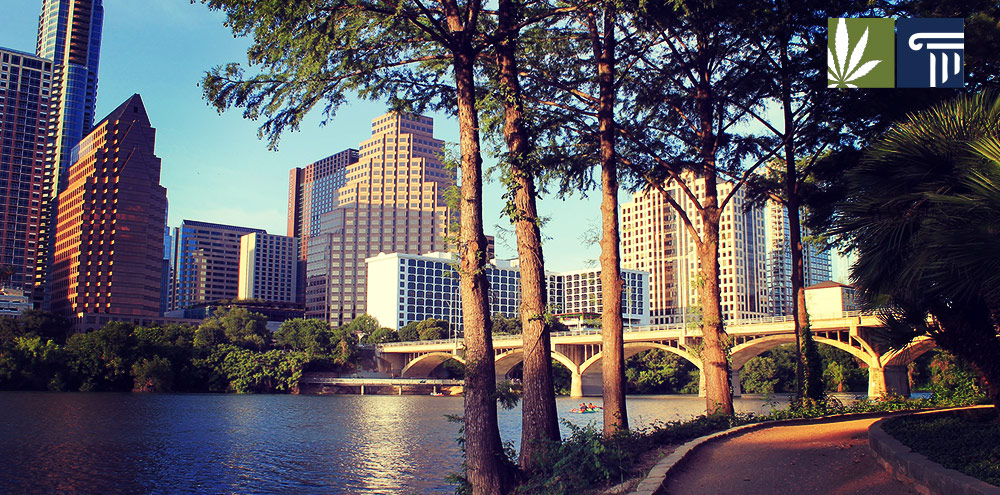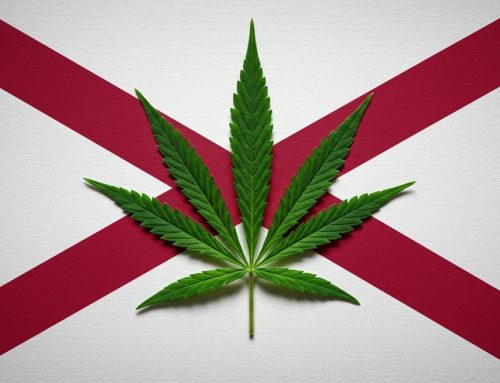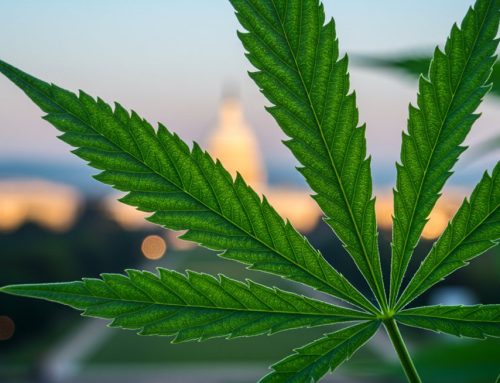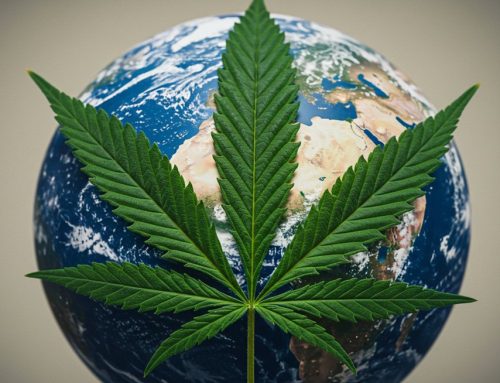The Austin Police Department will no longer make arrests or issue civil citations for low-level cannabis possession offenses.
The Austin Police Department (APB) has effectively decriminalized low-level marijuana possession, according to a letter written by the city’s police chief to the mayor of Austin and the city council.
“APD will no longer cite or arrest individuals with sufficient identification for Class A or Class B misdemeanor ‘possession of marijuana’ offenses, unless there is an immediate threat to a person’s safety or doing so as part of the investigation of a high priority, felony-level narcotics case or the investigation of a violent felony,” said Police Chief Brian Manley in a memo to city officials.
The move comes almost one year after Texas’ largest law enforcement agency instructed its officers to stop making arrests for low-level marijuana offenses. The Texas Department of Public Safety (DPS) did this following a period of confusion over cannabis prosecutions arising from the legalization of hemp in the state.
The judicial requirement to distinguish hemp from marijuana to secure a conviction meant testing for a minimum of 0.3 percent THC; the threshold at which point the plant is considered psychoactive. This created a backlog of court cases as there is not enough laboratory capacity in Texas to carry out the necessary tests for THC. This led to a situation where individuals charged with marijuana possession were often turned away after appearing for their court date.
Six months after the DPS directive, Austin’s City Council voted against spending money on more marijuana tests to ease the backlog other than for high-volume felony cases. Following the vote, Chief Manley said the city council’s decision would not affect law enforcement’s approach to cannabis.
“First and foremost, marijuana was not decriminalized. That is an action that can only be taken by the state legislature,” Manley said a day after the council’s vote.
“At this point, nothing will change. We will handle it as we have,” he added.
Austin’s police chief now seems to have changed his mind. Officers are now instructed to confiscate misdemeanor amounts of marijuana, let the individual go with no pending charges and then write up a report.
“After reviewing the current protocols for handling marijuana cases at all of the relevant County and District Courts and Attorney Offices and/or conferring with representatives from those respective entities, APD has revised our marijuana-enforcement [policies] to comply with Council’s resolution and align with present practices within the local judicial system,” wrote Manley in the memo.
One of the council members who voted for the measure, Greg Cesar, welcomed Manley’s letter and credits the change of heart to the efforts of Black Lives Matter protesters in the wake of George Floyd’s death at the hands of law enforcement in Minneapolis.
“When people organize for racial justice, they can make real change,” Casar said in a press release. “Although the Police Chief should have made this change the day after City Council passed my resolution directing this back in January, it finally happened today because of continued community advocacy.”
Police Chief Manley has come under fire since the protests began for the actions of an Austin law enforcement officer who shot an unarmed black and Hispanic man, Mike Ramos, in April this year, as well as for the violent tactics used by police on protesters which left many with serious injuries. Manley notes in his memo that arrests for simple cannabis possession has not been a priority for Austin law enforcement for more than a decade when a “cite-and-release” policy was introduced. Nonetheless, people of color, especially black people, still largely carry the burden of the arrests that continue to be made; 32 percent of those arrested for cannabis possession in 2017 were black, while black people only make up 8 percent of Austin’s population. A recent report by the American Civil Liberties Union (ACLU) demonstrates that these racial disparities in marijuana arrest rates persist into 2020: its analysis revealed that black people are nearly six times more likely to be arrested in Austin for cannabis offenses than white people.






